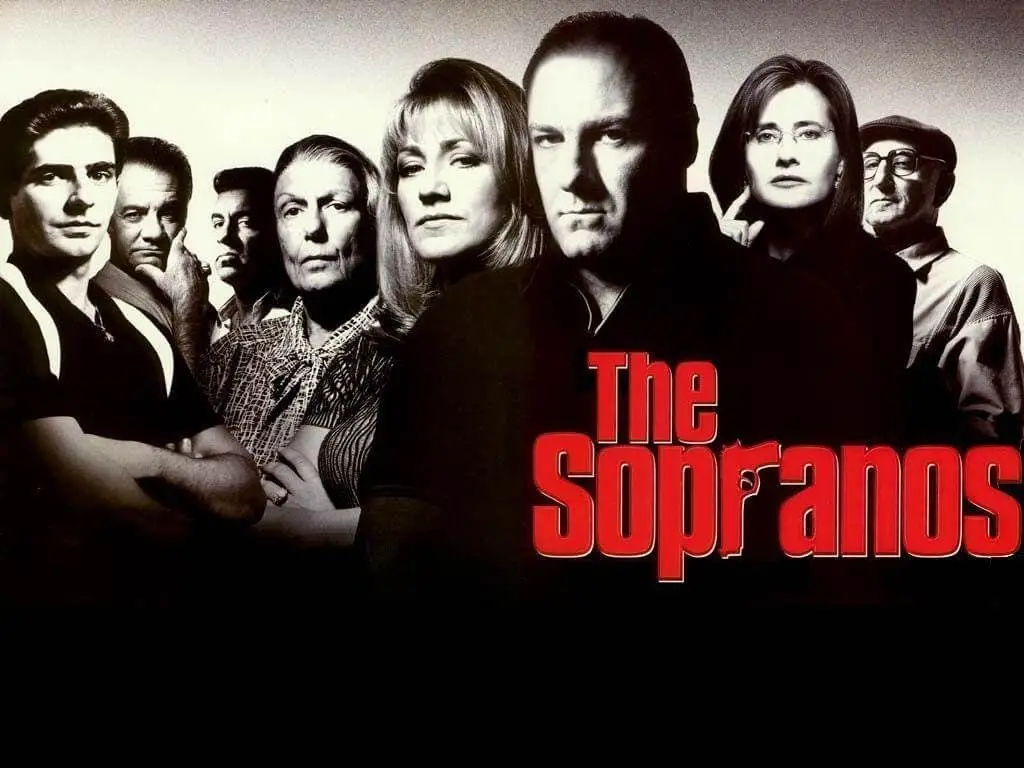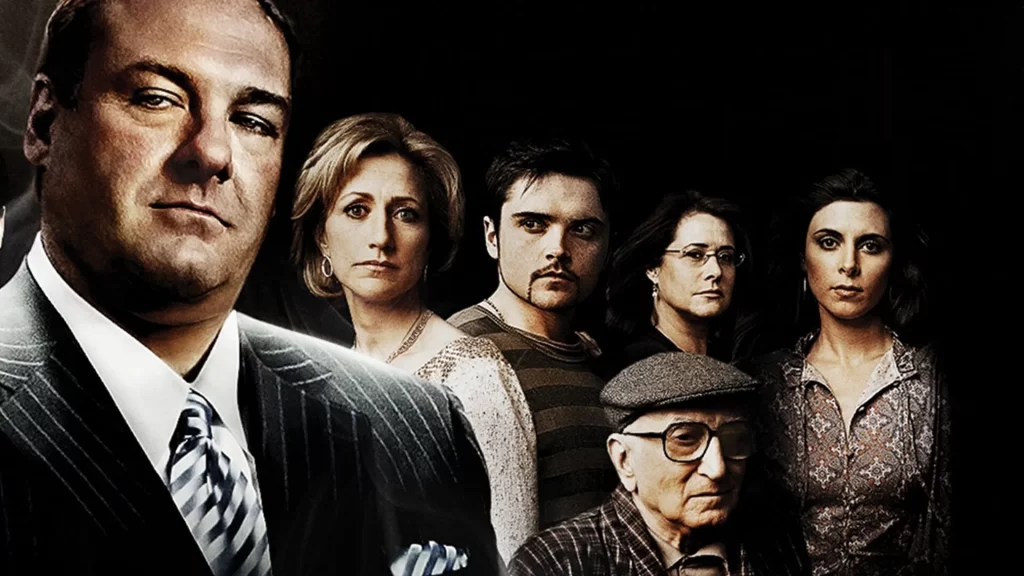Exploring the Complex Dynamics at the Heart of The Sopranos
HBO’s groundbreaking crime drama The Sopranos explored the intricate dynamics at the heart of an American Mafia family. Beyond violence and criminality, the show illuminated the complex personal struggles of its characters. In this blog post, we will examine some of the key themes at the heart of The Sopranos, including the tensions between family and business, and explore how mental health was portrayed.

Content
Family or Business: Competing Loyalties
At the heart of The Sopranos lay conflicting loyalties between family and the mob “family” business. Tony Soprano juggled responsibilities as boss and father/husband. Flashbacks showed his childhood, setting the stage for how his upbringing impacted his leadership style as an adult. As boss, he had to make difficult decisions that sometimes put his criminal enterprise at odds with protecting loved ones. This created immense internal conflict and drove many of the interpersonal dynamics at the heart of the show.
Mental Health in the Mob – The Sopranos
Mental health is not something usually associated with the mafia. However, at the heart of The Sopranos was Tony Soprano’s struggle with panic attacks and depression. Through therapy scenes, viewers got insight into Tony’s psyche and how his upbringing and lifestyle impacted his mental well-being. This helped humanize Tony and added nuanced layers to the criminal characters, showing how mental health transcends any single demographic. It remains a testament to the show’s complexity that it brought this issue to the forefront of mob drama.
Family Dysfunction
Dysfunction was not just part of Tony’s criminal world – it permeated his family life as well. The fraught mother-son relationship between Livia and Tony Soprano, set the stage for how trauma from the past impacted Tony’s present. Flashbacks showed the roots of psychological wounds that never fully healed. Tony’s own parenting mirrored the toxic patterns of his upbringing, continuing the cycle of dysfunction at the heart of the family.
Maintaining Balance
As boss, Tony had to balance the cut-throat nature of his criminal dealings with protecting his family. However, the lines between his personal and professional lives constantly blurred. Violence he meted out had repercussions for loved ones as well. The constant pressure took a toll on Tony’s mental health, relationships, and ability to separate his roles as boss and family man. This created immense tension and conflict that drove the complex narrative dynamics at the heart of the show.

Conclusion
In conclusion, through its compelling characters and intricate examination of family and criminal life, The Sopranos offered a deep, nuanced exploration of the complex personal struggles at the heart of organized crime. It remains one of television’s most critically acclaimed dramas for good reason.
FAQs
How did Tony’s upbringing and relationship with his mother impact his mental health and leadership style as a mob boss?
Tony’s traumatic childhood, especially his dysfunctional relationship with his manipulative mother Livia, deeply scarred him psychologically. Flashbacks showed how this toxic upbringing shaped Tony into an insecure, volatile adult prone to panic attacks. As boss, he struggled to separate work from family and had difficulty maintaining healthy relationships, often mirroring the abusive patterns of his past.
In what ways did The Sopranos challenge preconceptions about how mental health and organized crime were portrayed in television/film?
Prior to The Sopranos, mental health issues and therapy were rarely depicted in the genre of mob/crime drama. The show broke new ground by portraying Tony Soprano’s struggles with panic attacks and depression. It brought nuanced layers of understanding to criminal characters often portrayed as one-dimensionally violent. The Sopranos set a new standard for realistic and complex examinations of psychology in mob-related television.

Meet Andrew, the entertainment enthusiast. He’s your go-to for movie reviews, TV series insights, and the latest on Hollywood’s rising stars. Join him for a dose of pop culture magic.






